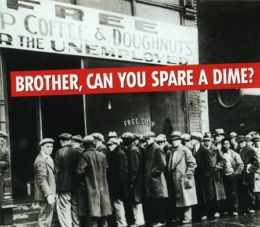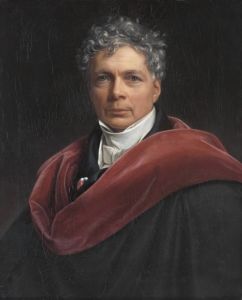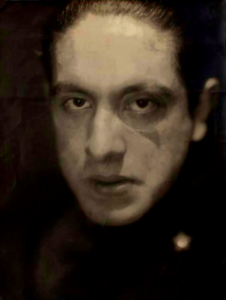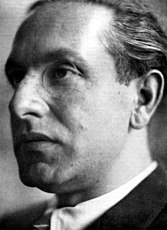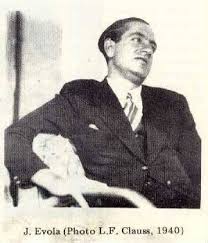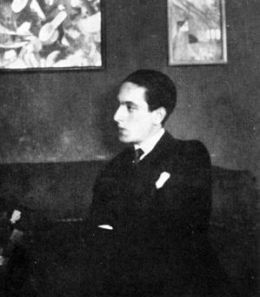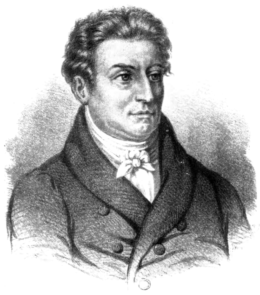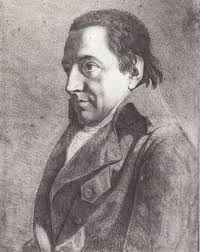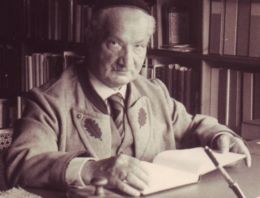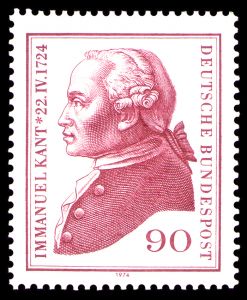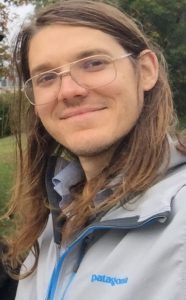Like all journals of dissident ideas, Counter-Currents depends on the support of our readers. So far this year, we’ve raised $92,974, or 31% of our $300,000 goal. I want to thank everyone who has donated so far. (Please donate here!) And now, Pox Populi offers a few words on why we can’t expect idealism alone to sustain the alternative dissident Right media ecosystem that has been painstakingly built in recent years forever — and why we can’t afford to lose it. (more…)
Tag: idealism
-
5,320 words
Part 2 of 2 (Part 1 here)
In the first part of this essay I introduced readers to Schelling, who is one of the first philosophers to react against what Heideggereans have called “the metaphysics of presence”: the hidden will in Western metaphysics that gives primacy to human subjectivity, adjusting our understanding of the Being of beings to the human desire that beings should be completely transparent to us, hiding nothing, and readily available for our manipulation. In response to this, Schelling argues that it is nature, not human subjectivity, that should be the starting point of philosophy. (more…)
-
4,839 words
Part 1 of 2 (Part 2 here)
1. Introduction: A Philosophical Rebel
This essay is a continuation of my series on “Heidegger’s History of Metaphysics.” With Friedrich Wilhelm Joseph Schelling (1775-1854) we have reached a significant milestone, in a number of ways. Behind us, in our journey toward Gelassenheit, we have Plato, the philosophers of the Middle Ages, Descartes, Leibniz, Kant, and Fichte. Ahead of Schelling we have only two more philosophers to discuss, Hegel and Nietzsche, before we turn to cover in more detail Heidegger’s response to the metaphysical tradition and to modernity. (more…)
-
September 6, 2022 Collin Cleary
Evola, Magical Idealism, & Western Metaphysics, Part Two
Part 2 of 4 (Part 1 here, Part 3 here)
4. The Principles of Magical Idealism
Evola’s critique of transcendental idealism, which we examined in the last installment, is insightful and interesting — though grand choruses of academic voices would be raised against every step of it, insisting that Evola has misunderstood idealism. (more…)
-
Part 1 of 4 (Part 2 here)
1. Introduction
Early in his career as a writer, Julius Evola published several philosophical works expounding a theory he called “magical idealism.” These include Saggi sull’idealismo magico (Essays on Magical Idealism, 1925), Teoria dell’individuo assoluto (Theory of the Absolute Individual, 1927), (more…)
-
February 18, 2022 Collin Cleary
Fichte as Avatar of the Metaphysics of Presence
1. Introduction: Remind me, why Fichte?
Readers have been asking me why I am devoting multiple essays to J. G. Fichte, an exceedingly difficult and seldom-read German Idealist born in 1762. The simple answer is that these essays are a continuation of my series on Heidegger’s “history of metaphysics.” Having devoted several essays to Kant, I am continuing with Fichte, then will move on to Schelling and Hegel, and then, finally, to Nietzsche. (more…)
-
6,194 words
1. “The circumference of my world is equivalent to the limits of my will.”
In my last essay, we established that for Fichte self-consciousness is an ultimate fact. We saw via our own experiments in introspection that the “I” — this “presence” that says, in effect “I am” — is not simply a feature of the self, it is the self. (more…)
-
4,888 words
1. Fichte’s Foundationalism
J. G. Fichte holds that the human self has no intrinsic identity, aside from that which we create for it. He completely rejects the notion that our identity is in any way determined by nature. This is the modern “blank slate” theory pushed to a radical extreme. It is to Fichte that we must look if we wish to find the philosophical origins of current intellectual fashions such as “gender fluidity,” “social construction” of race and gender, and radical egalitarian claims about human perfectibility. (more…)
-
1. Martin Heidegger Reads Fichte
On June 25, 1929, Heidegger wrote to Karl Jaspers, “At the present moment I am lecturing on Fichte, Hegel, and Schelling for the first time — and once more a new world opens up before me. (more…)
-
5,568 words
Part 1 here, Part 2 here, Part 3 here, Part 4 here, Part 5 here, Part 6 here
1. Introduction
In the previous essay in this series, we saw Heidegger claiming that Leibniz “prepares” the completion of the metaphysical tradition, but that it is Nietzsche who actually brings it about. I will devote a future essay to Heidegger’s interpretation of Nietzsche, but we may note here that the completion of metaphysics would have been impossible without Kant, who answers Leibniz and inadvertently prepares the way for Nietzsche. (more…)
-
1,534 words
So much of what passes for journalism these days is reductionist. What is worse is that there is an ideological underpinning that once would have been considered unacceptable in filing news stories. The tragic death of Ashli Babbitt and the way it’s been covered in the days following her being shot by a member of DC’s Capitol police illustrates the Left-leaning bent of today’s media establishment. Then, of course, there is the garbage excusing a black cop shooting a white woman because. . . he was scared and his superiors weren’t supportive. Bullshit! (more…)
